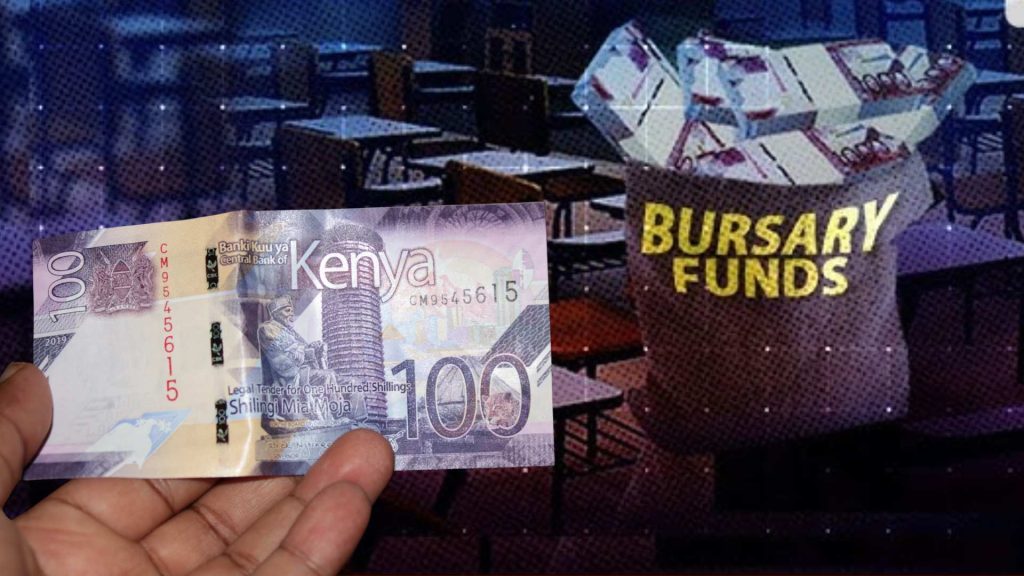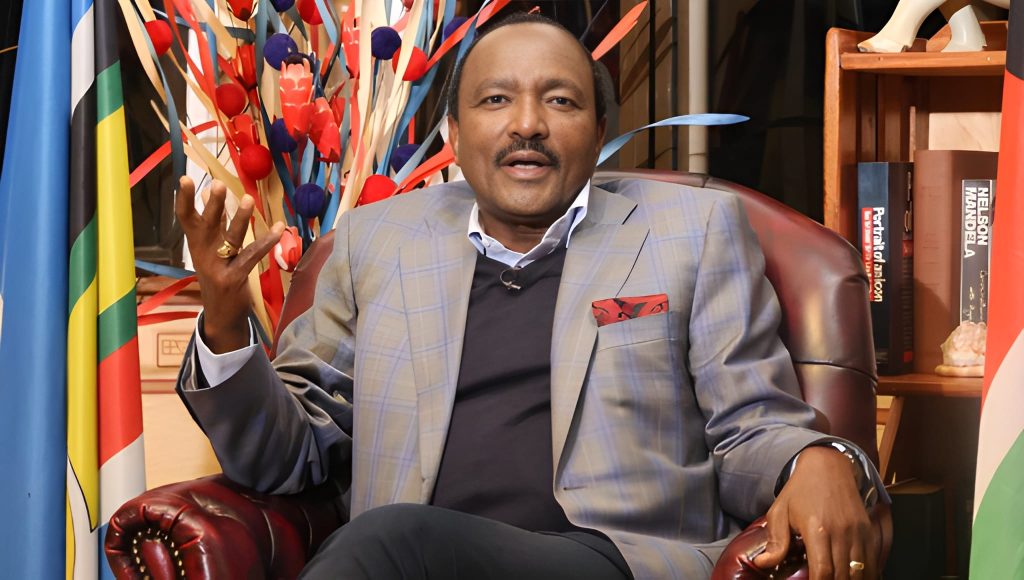Applying for a bursary in Kenya frustrates many low-income students who rely on it to access and continue their education.
Although the government designed bursaries to cushion vulnerable learners, the reality on the ground tells a different story. Despite repeated applications, many deserving students never receive this crucial funding.
One common challenge is lack of transparency in the selection process. Many applicants submit all required documents fee structures, recommendation letters, proof of need but receive no feedback or rejection explanation.
In some counties, officials favor well-connected families repeatedly, leaving out needy students from the bursary list.
Another issue is poor awareness and communication. In many rural areas, officials or local leaders fail to inform parents and guardians about available bursaries, or they share the information too late for them to apply.
Even when parents apply, government delays in disbursing funds often force schools to send students home for fees, defeating the purpose of the bursary.In some cases, learners miss entire school terms while waiting for promised funds.
Furthermore, the bursary application process can be overly bureaucratic. Long queues at government offices, lack of digital systems, and missing forms frustrate parents especially those with limited education or disabilities. The application period is often short, leaving little time for marginalized families to respond adequately.
Evidence from civil society organizations and local media reports highlights these problems. For example, studies by Transparency International Kenya have raised concerns about lack of accountability in constituency bursary fund allocations. This erodes public trust and undermines the intention of equal access to education.
To address these issues, county and national governments should digitize the application and tracking process. Clear criteria, timely communication, and independent oversight can ensure funds reach the right students. Community involvement in vetting panels can also reduce bias and improve fairness.
Ultimately, no child should be denied education due to poverty. Officials must manage bursaries with integrity, empathy, and efficiency to break the cycle of poverty and promote equal opportunity for all Kenyan learners.













